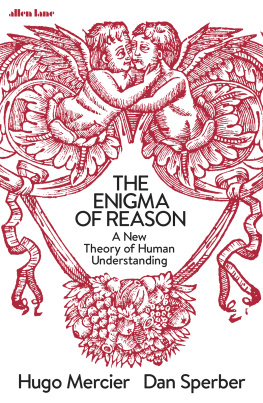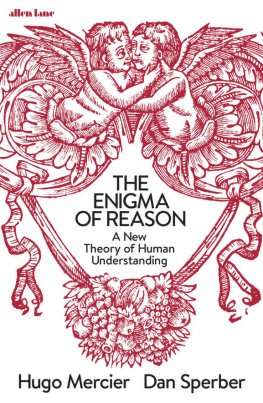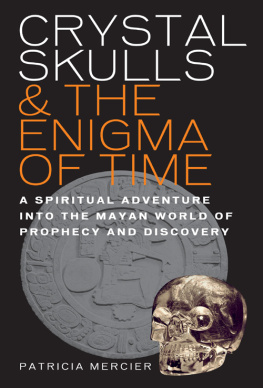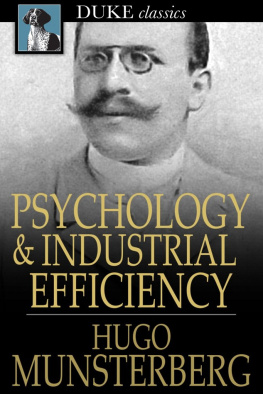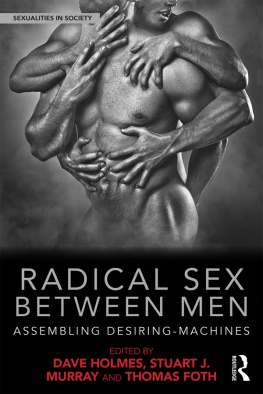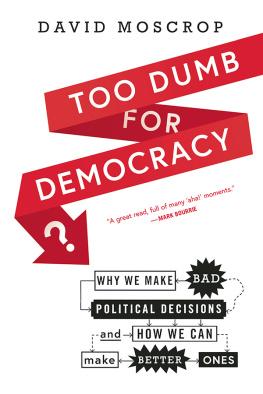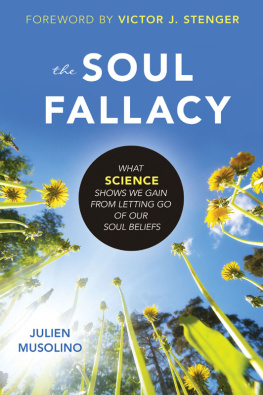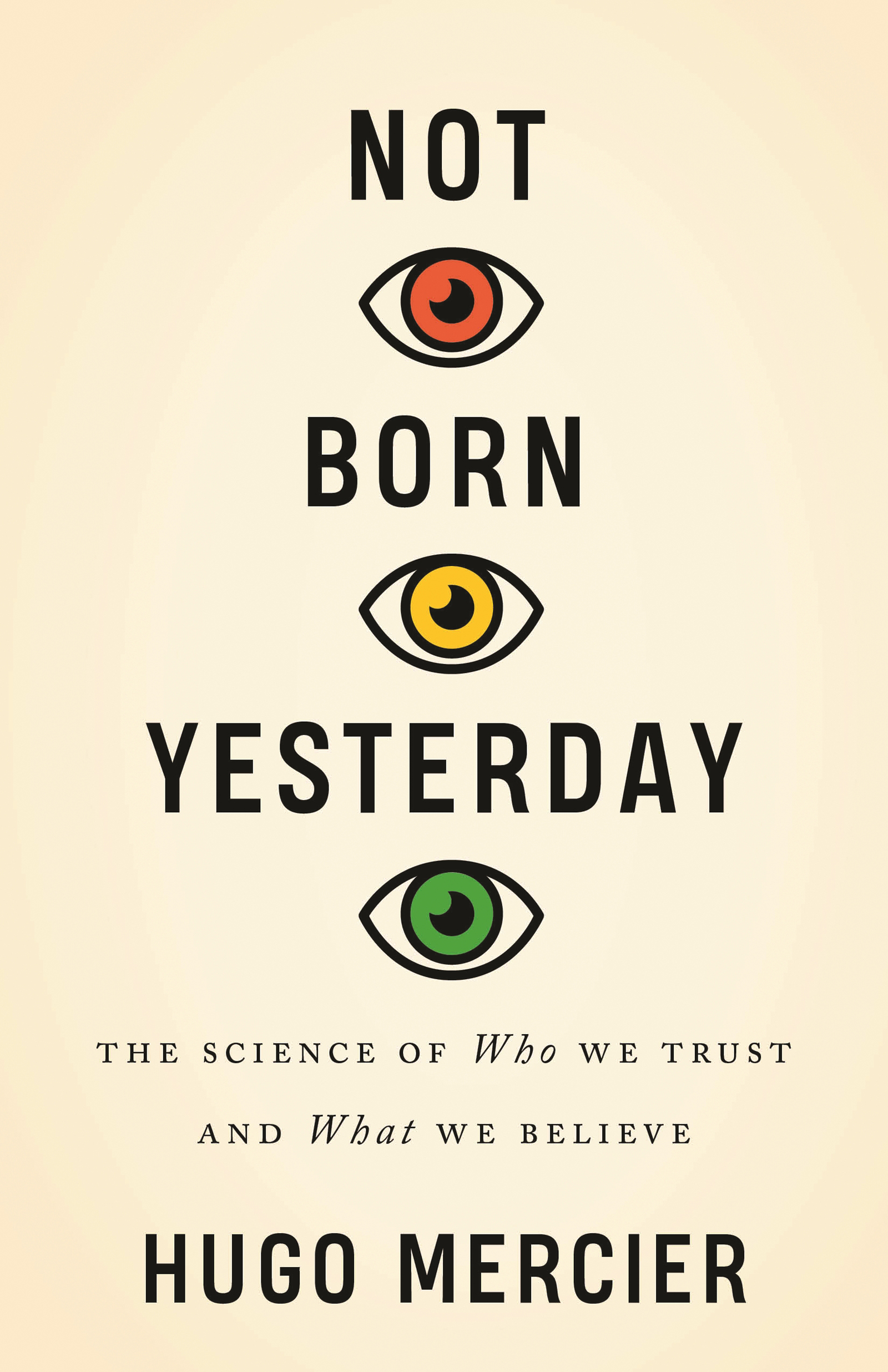ACKNOWLEDGMENTS
THE IDEA FOR THIS BOOK stems from the article Epistemic Vigilance, written by Dan Sperber, Fabrice Clment, Christophe Heintz, Olivier Mascaro, Gloria Origgi, Deirdre Wilson, and myself. In this article we suggested that humans are endowed with cognitive mechanisms dedicated to evaluating communicated information. I am particularly grateful to Dan Sperberthesis supervisor, coauthor, mentor, friend. Besides having shaped my ideas through his writings and his discussions, he patiently read and gave me feedback on the book. Fabrice Clment had written his PhD thesis and a bookLes Mcanismes de la crdulit (The mechanisms of credulity)on the same theme, and we discussed these issues when I was a postdoctoral researcher at the University of Neuchtel. Besides Dan and Fabrice, the ideas in this book have been shaped by the feedback from the students of the Communication, Trust, and Argumentation class from 2018 to 2019, and by discussions at the Department of Cognitive Studies of the ENS in Paris; the University of Pennsylvania; and the countless conferences, restaurants, pubs, and cafs where Ive badgered people with the idea that humans arent gullible. Lila San Roque generously shared fantastic examples of evidential use among the Duna, and I benefited from Chris Streets knowledge of the lie detection literature.
My deepest thanks go to those who have commented on the whole, or parts of the manuscript: Sacha Altay (twice!), Stefaan Blancke, Pascal Boyer, Coralie Chevallier, Thrse Cronin (twice as well!), Guillaume Dezecache, Helena Miton, Olivier Morin, Thom Scott-Phillips, Dan Sperber, and Radu Umbres.
This book would not have existed without my agents John and Max Brockman, Sarah Caro, the editor who believed in the project from the start and provided very valuable feedback, as well as the team at Princeton University Press.
I have benefited from the financial backing of the Direction Gnrale de lArmement (thanks to Didier Bazalgette in particular); the Philosophy, Politics, and Economics program at the University of Pennsylvania (with the generous support of Steven F. Goldstone); the University of Neuchtels Cognitive Science group and the Swiss National Science Foundation (Ambizione grant no. PZ00P1_142388); the Agence Nationale de la Recherche (grant EUR FrontCog ANR-17-EURE-0017 to the DEC, and grant ANR-16-TERC-0001-01 to myself); and last but not least, the Centre National de la Recherche Scientifique, my current employer, allowing me to work in the amazing place that is the Jean Nicod Institute. In particular, the team I belong toEvolution and Social Cognition, composed of Jean-Baptiste Andr, Nicolas Baumard, Coralie Chevallier, Olivier Morin, and our students, engineers, and postdocsprovides the best social and intellectual environment one could hope for.
I will never stop thanking my parents, grandparents, and extended family for their unwavering support. Christopher and Arthur are the best boys in the world; they have taught me much about love. They have also taught me that children arent gullible, even when we wish theyd be a bit easier to influence. Thrses encouragement has meant more to me than I can ever communicate. Thank you for everything.
INTRODUCTION
AS I WAS WALKING BACK from university one day, a respectable-looking middle-aged man accosted me. He spun a good story: he was a doctor working in the local hospital, he had to rush to some urgent doctorly thing, but hed lost his wallet, and he had no money for a cab ride. He was in dire need of twenty euros. He gave me his business card, told me I could call the number and his secretary would wire the money back to me shortly.
After some more cajoling I gave him twenty euros.
There was no doctor of this name, and no secretary at the end of the line.
How stupid was I?
And how ironic that, twenty years later, I would be writing a book arguing that people arent gullible.
THE CASE FOR GULLIBILITY
If you think Im gullible, wait until you meet, in the pages that follow, people who believe that the earth is a flat disk surrounded by a two-hundred-foot wall of ice, Game of Thronesstyle, that witches poison their cattle with magical darts, that the local Jews kill young boys to drink their blood as a Passover ritual, that high-up Democratic operatives oversee a pedophile ring out of a pizza joint, that former North Korean leader Kim Jong-il could teleport and control the weather, or that former U.S. president Barack Obama is a devout Muslim.
Look at all the gibberish transmitted through TV, books, radio, pamphlets, and social media that ends up being accepted by large swaths of the population. How could I possibly be claiming that we arent gullible, that we dont accept whatever we read or hear?
Arguing against widespread credulity puts me in the minority. A long line of scholarshipfrom ancient Greece to twenty-first-century America, from the most progressive to the most reactionaryportrays the mass of people as hopelessly gullible. For most of history, thinkers have based their grim conclusions on what they thought they observed: voters submissively following demagogues, crowds worked up into rampages by bloodthirsty leaders, masses cowing to charismatic personalities. In the mid-twentieth century, psychological experiments brought more grist to this mill, showing participants blindly obeying authority, believing a group over the clear evidence of their own eyes. In the past few decades, a series of sophisticated models have appeared that provide an explanation for human gullibility. Here is the core of their argument: we have so much to learn from others, and the task of figuring out who to learn from is so difficult, that we rely on simple heuristics such as follow the majority or follow prestigious individuals. Humans would owe their success as a species to their capacity to absorb their local culture, even if that means accepting some maladaptive practices or mistaken beliefs along the way.
The goal of this book is to show this is all wrong. We dont credulously accept whatever were toldeven if those views are supported by the majority of the population, or by prestigious, charismatic individuals. On the contrary, we are skilled at figuring out who to trust and what to believe, and, if anything, were too hard rather than too easy to influence.
THE CASE AGAINST GULLIBILITY


